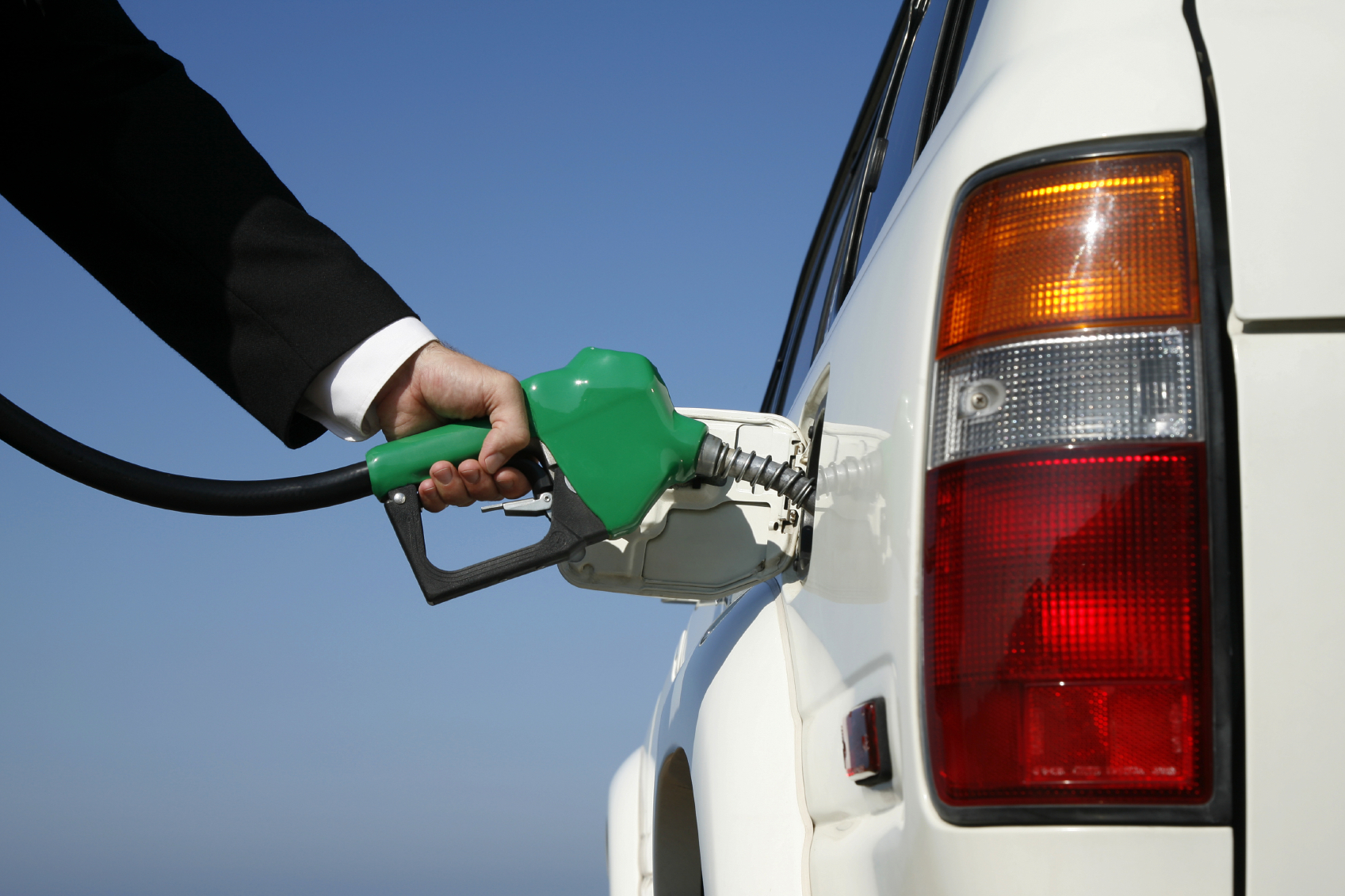
Why increasing fuel taxes is a sensible choice
In this blog post, T&E director, Jos Dings, explains why raising fuel taxes does make sense even in times of economic crisis and dispels the myth according to which a lower taxation on fuel would benefit society at large.
Interested in this kind of news?
Receive them directly in your inbox. Delivered once a week.
It is not often that I feel compelled to write something because of a policy development at national level. But France has just done something so damaging and so repeatable by other member states that I thought it was worth it. The Hollande government has just decided to lower fuel taxes, honouring a campaign promise. You could argue it’s only symbolic – a temporary, three-month, populist move. But politically it sets a tone, and Belgium’s finance minister has already said he’s interested in doing something similar.
I will try to explain why we think fuel taxes should be increased, not lowered, even in times when oil prices are rising: we don’t like fuel taxes because we like high taxes in general. We like them because fuel taxes are about the smartest tools you can find to pay for things countries need to pay for, be it hospitals, schools, social spending, or even the army.
A fuel tax stimulates a more efficient use of oil: this is good for the planet and for almost everyone else, except oil exporters maybe. It encourages carmakers to develop and sell low-carbon technologies. It helps boost the share of public transport, walking and cycling, including the emerging use of e-bikes, and even electric cars. And it can even create jobs – by using its proceeds to lower taxes on labour. Every billion of tax revenue shifted from labour onto fuel can be estimated to create some 11,000 jobs.
One extra argument in these times of crisis is particularly powerful, even if a bit technical: many struggling Eurozone economies suffer from a weak balance of trade – they import too much and export too little. As they are in the euro they cannot play with their exchange rate to correct for this. So they need money from abroad to pay for this deficit. This is not easy if you are Greece, Portugal or Spain. But also France should watch out: its balance of trade is very negative and is deteriorating quickly. Higher fuel taxes can help here; they are very effective in curbing oil imports, which stood at EUR300bn for the EU as a whole in 2011. France’s tally is about EUR65bn; Spain’s about EUR45bn.
That’s why quite a few of Europe’s governments have actually raised their fuel taxes in the past year, not decreased them. Examples include Italy, Greece, Sweden, Finland, Poland, Hungary and Ireland. And it’s why the French government should raise fuel taxes, not lower them. France’s trade balance is very negative, and its fuel taxes are lower than those in Germany, Switzerland and Italy. The same goes for Spain, by the way. Luxembourg is worth a special mention too – but for other reasons I highlighted in a previous blog post.
High oil prices are no excuse to lower fuel taxes. In fact, they are a signal that we use too much oil. Lowering fuel taxes blunt this signal and only makes us use more oil, exacerbating the problem. Lower fuel taxes mean oil exporters get more money and oil importers – most EU member states – less.
Let’s finally bust two persistent myths: the first one is that pump prices would be at a record high, and governments would be to blame. The reality is that thirty years ago they were just as high, if we correct for inflation and fuel mix. And the part that governments are to ‘blame’ for – fuel taxes – actually went down by some 15%, or 10 cents, per litre between 1999 and 2010. In addition, new cars are about 15% more fuel efficient now than they were in 1999; this means that average fuel tax per vehicle kilometre has actually decreased by about 30% since 1999.
The second myth is that raising fuel taxes would be socially unfair because the poor pay a higher share of their income in fuel taxes than the rich. There’s two responses here. The first is, the really poor don’t even have a car and hence don’t spend a penny on fuel, so higher fuel taxes do not touch them at all. About a quarter of European households don’t have a car. And the second is, lower fuel taxes are very blunt and inefficient as an anti-poverty tool. If you really care about the poorest people, make sure your social safety net is in order and that everyone gets enough to get by. Raising fuel taxes can actually deliver the cash to do just this. So the social impact is less about higher fuel tax itself than about the way governments use its proceeds.
There’s a very simple lesson to learn here: by increasing fuel taxes Europe can be social and green at the same time.
